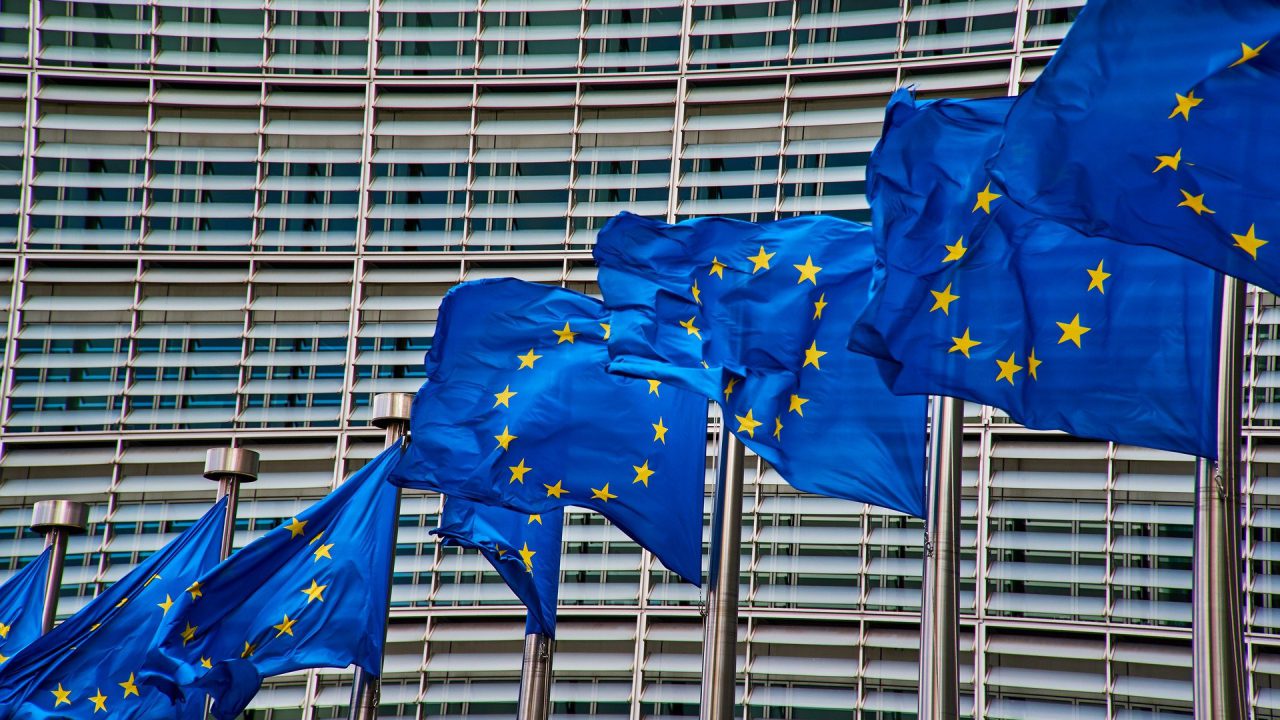The European Commission has signed off on a €60 million scheme to support the agricultural sector and Irish farmers under European Union state rules.
In a statement, the commission said the scheme would particularly support producers of fodder in the “context of Russia’s war against Ukraine”.
Earlier this month the Minister for Agriculture, Food and the Marine, Charlie McConalogue, launched the €30 million 2023 Fodder Support Scheme.
The minister said the scheme would continue on from this year’s Fodder Support Scheme which had over 71,000 applicants. Each of these applicants will receive an average payment of €735.
According to the Department of Agriculture, Food and the Marine (DAFM) the fodder scheme is intended to incentivise farmers, in particular drystock farmers, to grow more fodder (silage and/or hay) in 2023 to prevent “animal welfare issues next year”.
Only successful applicants for the 2022 Fodder Support Scheme are eligible to apply for the 2023 Scheme.
Farmers can apply directly or through their advisor up to midnight on December 5, for the 2023 scheme.
The maximum area eligible for payment under the scheme is 10ha with a potential maximum payment of €1,000.
McConalogue had previously outlined that details of the scheme had to be notified to the commission and had to meet the terms of the Temporary Crisis Framework (TCF) and that the scheme was subject to approval from the commission.
Today (Monday, November 14) the commission confirmed that the scheme was approved under the TCF and that the aid provided would take the form of “direct grants”.
“The purpose of the scheme is to provide liquidity support to agricultural companies, and in particular to fodder producers, which are heavily affected by the current geopolitical crisis and the consequent increase of energy and other input costs,” the commission said.
The commission also said that the Irish scheme is in line with the conditions set out in the TCF because the grants will not exceed €250,000/person and will be provided no later than December 31, 2023.
The commission said the scheme was necessary and appropriate to “remedy a serious disturbance in the economy of a member state”.
